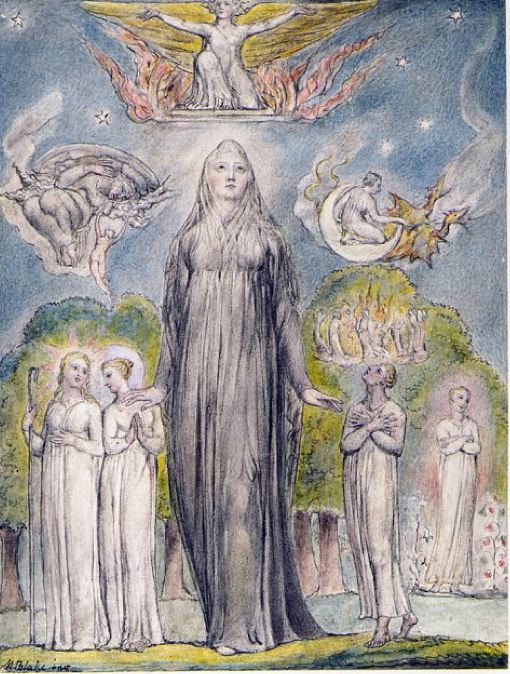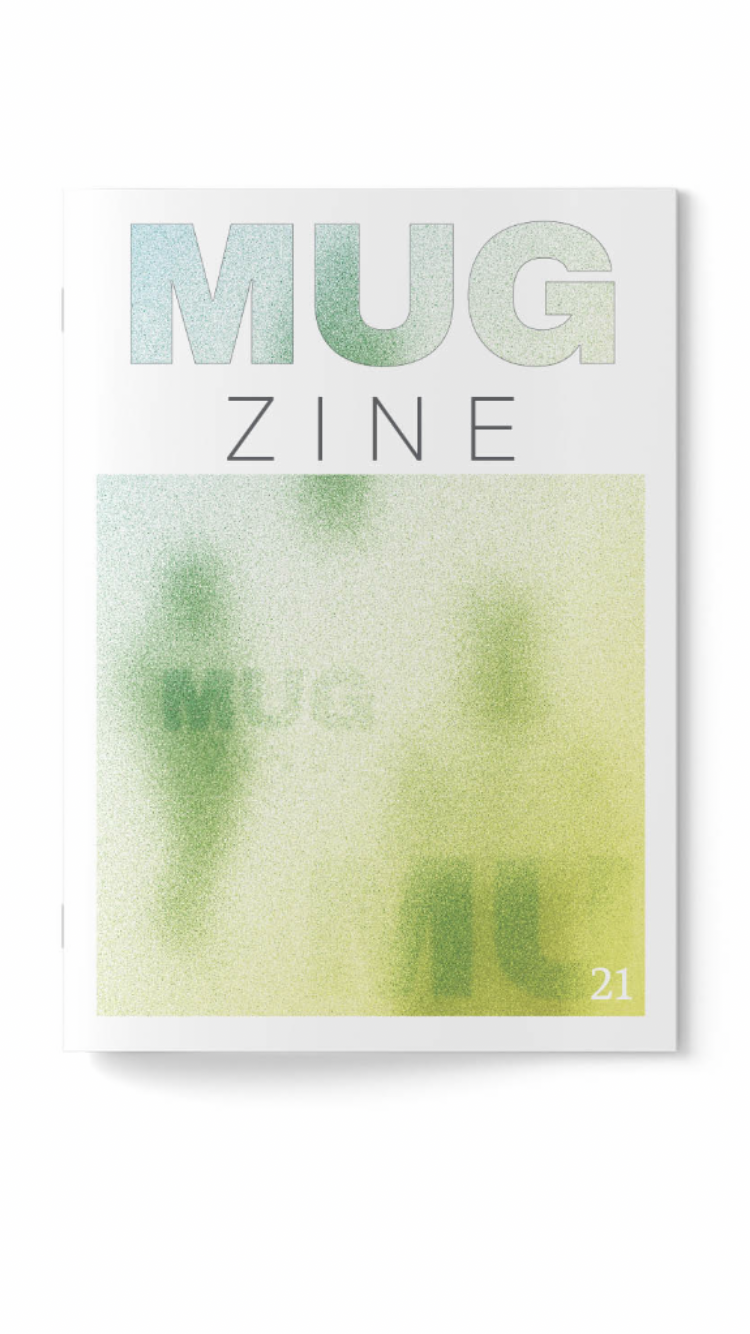Ode aan de melancholie
.
Op de website https://interestingliterature.com/2017/03/10-of-the-best-john-keats-poems-everyone-should-read/ staat een top 10 van de beste gedichten van John Keats (1795 – 1828). nu is een top 10 van beste gedichten samenstellen van een dichter die maar zo kort geleefd heeft minder moeilijk dan van een dichter met een omvangrijk oeuvre maar Keats is een speciaal geval. Vandaag de dag behoren de gedichten en brieven van Keats tot de meest populaire en geanalyseerde teksten uit de Engelse literatuur. Zijn werk verscheen binnen drie jaar (1816 – 1819). Met name zijn odes zijn wereldberoemd. Niet voor niets staan op nummer 1 en 2 in deze top tien twee odes (beide uit 1819).
Ik koos, voor de lengte (Ode on Melancholy is de kortste ode die Keats schreef) en leesbaarheid en voor de sensuele beelden waar Keats bekend om is voor ‘Ode on Melancholy’ dat op nummer twee in de top 10 staat.
.
Ode on Melancholy
.
No, no, go not to Lethe, neither twist
Wolf’s-bane, tight-rooted, for its poisonous wine;
Nor suffer thy pale forehead to be kiss’d
By nightshade, ruby grape of Proserpine;
Make not your rosary of yew-berries,
Nor let the beetle, nor the death-moth be
Your mournful Psyche, nor the downy owl
A partner in your sorrow’s mysteries;
For shade to shade will come too drowsily,
And drown the wakeful anguish of the soul.
.
But when the melancholy fit shall fall
Sudden from heaven like a weeping cloud,
That fosters the droop-headed flowers all,
And hides the green hill in an April shroud;
Then glut thy sorrow on a morning rose,
Or on the rainbow of the salt sand-wave,
Or on the wealth of globed peonies;
Or if thy mistress some rich anger shows,
Emprison her soft hand, and let her rave,
And feed deep, deep upon her peerless eyes.
.
She dwells with Beauty—Beauty that must die;
And Joy, whose hand is ever at his lips
Bidding adieu; and aching Pleasure nigh,
Turning to poison while the bee-mouth sips:
Ay, in the very temple of Delight
Veil’d Melancholy has her sovran shrine,
Though seen of none save him whose strenuous tongue
Can burst Joy’s grape against his palate fine;
His soul shalt taste the sadness of her might,
And be among her cloudy trophies hung.
.
Melancholy (William Blake)




